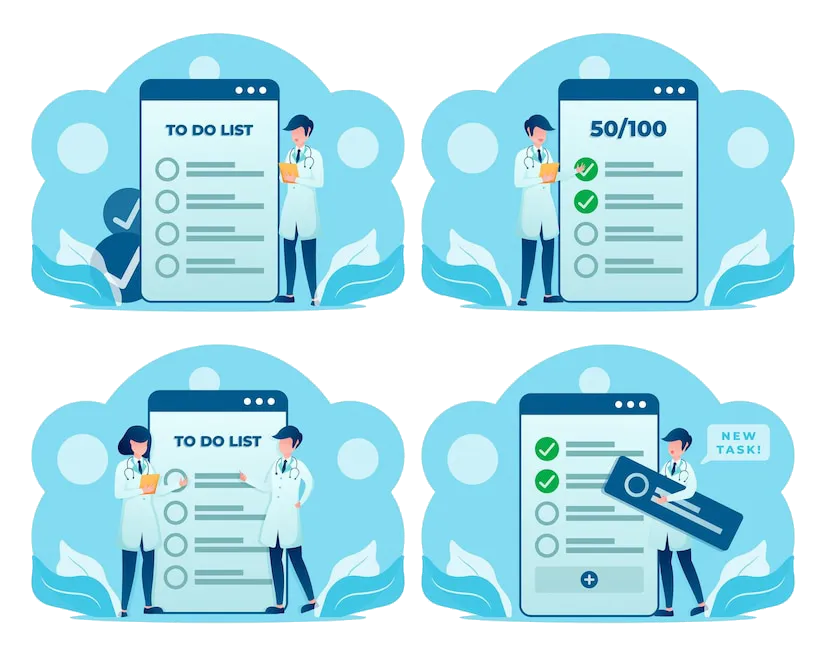A Guide To Health Insurance Plans In New Hampshire

Affordable Health Insurance In New Hampshire
Searching for budget-friendly health insurance in New Hampshire? You’re in luck! We offer a variety of economical options to ensure quality care without straining your finances. Explore our affordable solutions for individuals and families. Our mission is to provide accessible healthcare without financial stress. Rest assured, we’re here to simplify your healthcare journey, providing affordable and dependable coverage.
The Process of Obtaining Health Insurance Quotes in New Hampshire


Simplifying New Hampshire Health Insurance Navigation
Our platform simplifies the understanding of health insurance in New Hampshire, providing clear information and user-friendly tools for comparing Medicare Advantage plans, individual coverage, and family options. We’re here to make finding the right and affordable health insurance in New Hampshire a stress-free experience. Our goal is to simplify the complex world of healthcare coverage, ensuring easy access to the information you need to make informed decisions. Count on us to guide you every step of the way, ensuring you receive healthcare coverage that aligns with both your needs and your budget.
Comprehensive Healthcare Coverage For New Hampshire Residents
We are dedicated to offering comprehensive healthcare coverage for all New Hampshire residents. Our range includes Medicare Advantage plans, individual health insurance, and family health insurance in New Hampshire, each tailored to address the diverse healthcare needs of our community. From routine check-ups to unforeseen emergencies, our plans provide both financial security and peace of mind.
Choosing the right health insurance in New Hampshire is effortless with our personalized approach. We prioritize your well-being by offering a range of individual and family health insurance plans in New Hampshire, each designed to match your unique healthcare needs. Our mission is to make healthcare accessible and straightforward, ensuring you find coverage that aligns with both your needs and your budget. Rest assured, we’re here to guide you through the process and provide you with the best healthcare options available.
Expert Guidance For New Hampshire Health Insurance
Our experienced team is here to assist you in navigating the various healthcare options available in New Hampshire. Whether you’re looking to understand the details of Medicare Advantage plans or selecting the appropriate family or individual health insurance, we offer clear advice to facilitate your informed decision-making.
Our commitment is to provide affordable and comprehensive healthcare insurance in New Hampshire, catering to your personal or family needs. We’re not just an impersonal entity; we’re real people who care about your well-being. Our goal is to simplify your healthcare choices, ensuring you receive the best coverage that aligns with your lifestyle and budget. Rest assured, we’re here to guide you at every step.
Choose Your Ideal Health Plan In New Hampshire Today
Embark on your journey to improved health with our health insurance plans in New Hampshire. Whether you need individual health insurance, family health coverage, or Medicare Advantage plans in New Hampshire, we have the ideal solution for you. Explore our options today and secure the healthcare coverage you need for a healthier future in New Hampshire.

